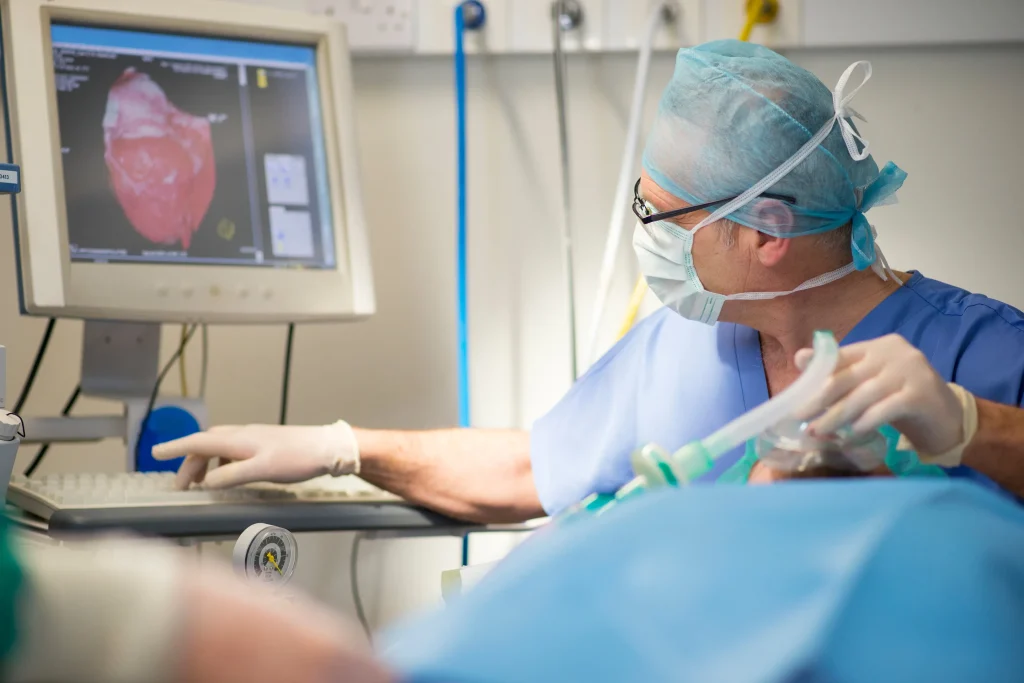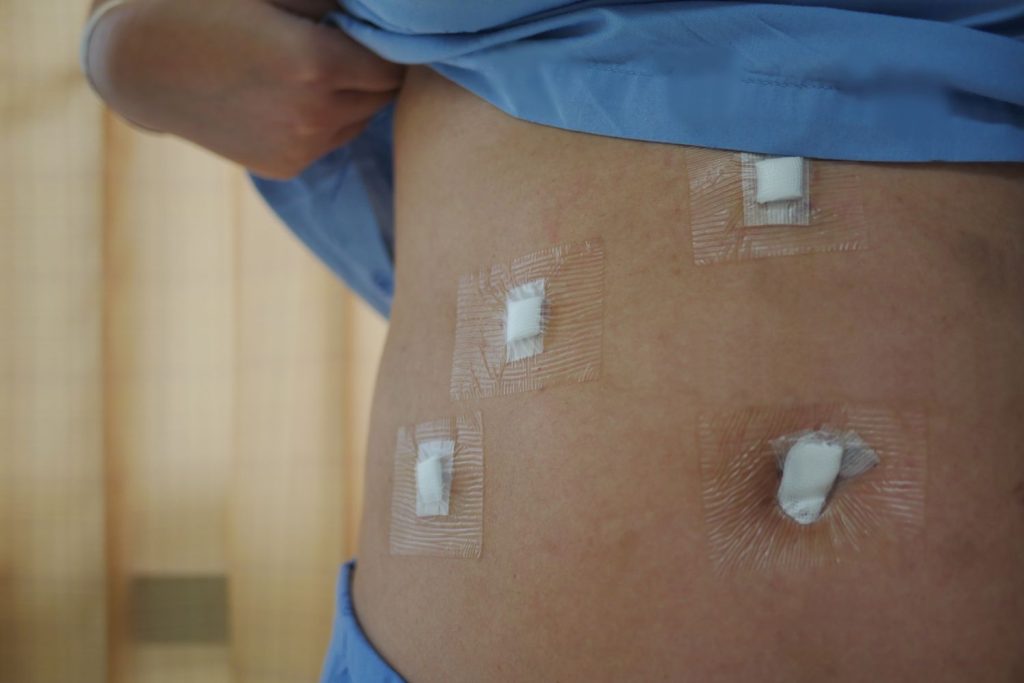How General Surgery Has Evolved Over the Decades
General surgery has changed so profoundly over the years that many clinicians describe its evolution as a journey shaped by curiosity, setbacks and renewed discoveries that still influence daily practice. Patients often ask how these shifts occurred, and the answer usually begins with stories from earlier decades when procedures carried greater risks and limited guidance.…
Read more










